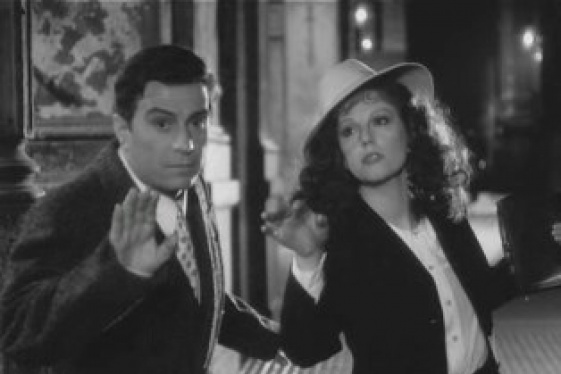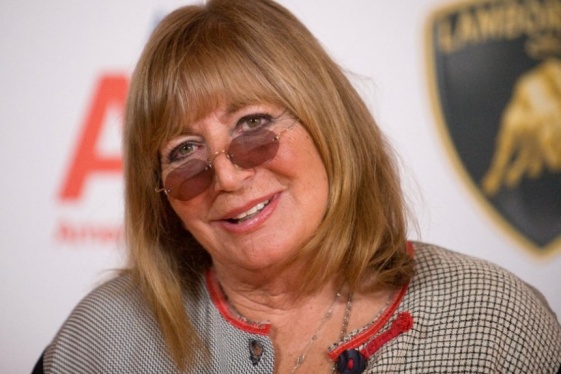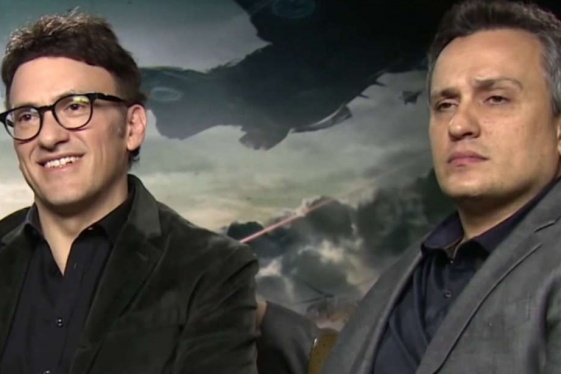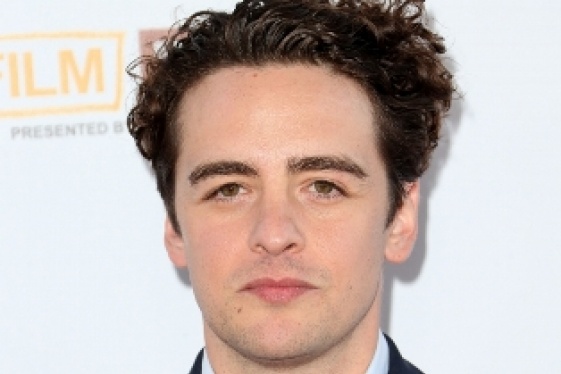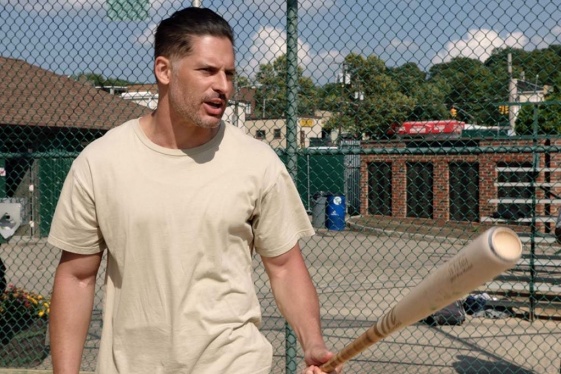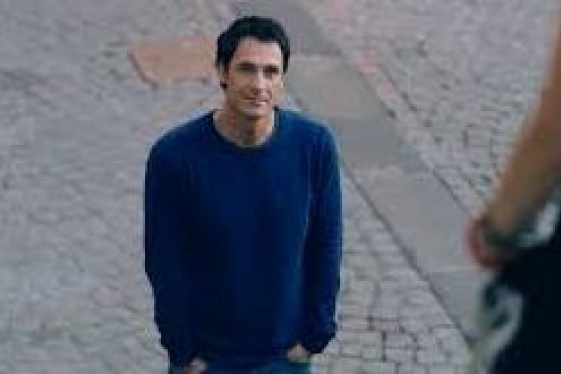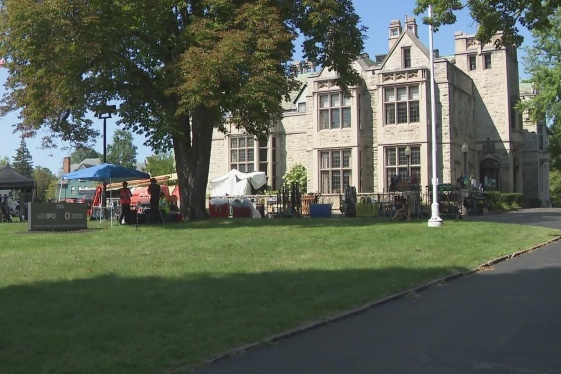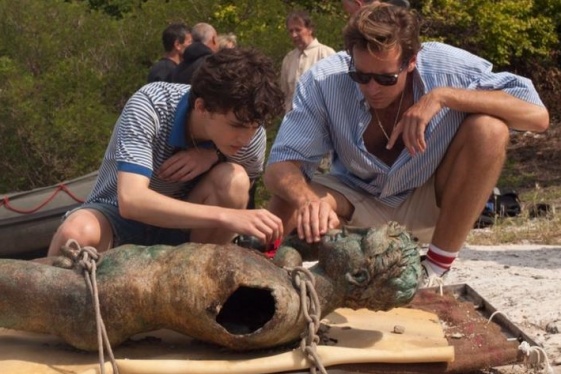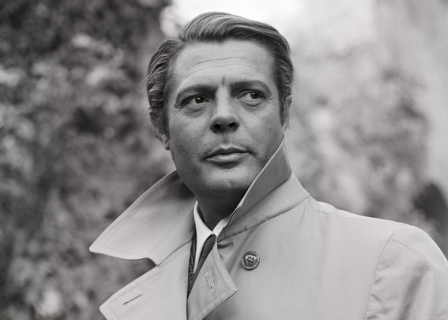

WTI Magazine #84 2016 October 17
Author : Giovanni Verde Translation by:
Marcello Mastroianni is one of the symbols of the Italian comedy of the '60s, an actorloved all over the world, an extraordinary interpreter of either comic and dramatic roles, often brilliant paired with Sophia Loren, several times protagonist of masterpieces film from the genius director Federico Fellini.
Mastroianni was born in Fontana Liri, near Frosinone (Lazio region) on September 26, 1924. He moved to Rome's San Giovanni neighborhood when he was a child. At a young age he works as an extra in Carmine Gallone's "Marionette", in Alessandro Blasetti's "La corona di ferro", in Mario Camerini's "Una storia d'amore" and in Vittorio De Sica's "I bambini ci guardano".
In 1945, after the war, Marcello takes up acting classes. The actual film debut takes place in 1948 with "I miserabili", a Riccardo Freda film from the homonymous novel by Victor Hugo. The great director Luchino Visconti notices Marcello, and gives him his first professional role, in Shakespeare's "Rosalinda o Come vi piace" and then in Tennessee Williams' "Un tram che si chiama Desiderio".
The final breakthrough came in 1958 with "I soliti ignoti", Mario Monicelli's masterpiece, founder of the "caper movie" genre and forerunner of the Italian comedy. But the turning point in his career came with "La Dolce Vita" in 1960, extraordinary film in which Mastroianni is a modern anti-hero. The movie also marks the beginning of a long and successful artistic partnership with Federico Fellini. With Fellini, Mastroianni provides his memorable performance also in 1963 in "Otto e mezzo", where he is a sort of alter ego of the director from Rimini. Later, in the early sixties, Marcello gets a personal triumph for "Divorzio all'Italiana" and "I Compagni".
In "I Compagni", a movie by Mario Monicelli, Mastroianni is a socialist intellectual who foments the riots in a factory. Then, under the direction of Vittorio De Sica, he finds Sophia Loren as a female partner in 1963 "Ieri, oggi e domani", in 1964 "Matrimonio all'Italiana" and in 1970 "I Girasoli". The Mastroianni/Loren artistic partnership is among the most successful of the world cinema, articulated with memorable episodes throughout the career of both of them.
In 1966 Marcello also makes his debut in the musical comedy, playing for about three months on the role of Rudolph Valentino in "Hello Rudy" by Garinei and Giovannini, singing and dancing every night and trying to debunk another reputation that had been created, in addition to being an incurable sex-symbol, that of being an eternal lazy. The critics are not kind with him, and even if the replicas are constantly sold out, Mastroianni decides to leave the gig.
Affected by a pancreatic tumor, while working on his last movie processing his latest film"Viaggio all'inizio del mondo" by Manoel de Oliveira, shortly before his death Mastroianni realizes a long self-confession. "Mi ricordo, sì... mi ricordo", curated by Annamaria Tatò, his last partner, is considered by many his spiritual testament.
Marcello Mastroianni dies in his apartment in Paris on December 19, 1996, almost 20 years ago. The great Italian actor was three-time Oscar nominee for Best Actor, he won two Golden Globe Awards, two BAFTA Awards and in Italy 8 David di Donatello, 8 Nastri d'Argento, 5 Globi D'Oro and a Ciak D'Oro. It is also the only actor, along with Jack Lemmon and Dean Stockwell, to be awarded in two different occasions as Best Actor at the Cannes Film Festival: in 1970 for "Dramma della gelosia" and in 1987 for "Oci Ciornie".
Skilled with great versatility and undoubted talent, Mastroianni gave the image of a well-educated and sensitive man, a stranger to star-like poses, annoyed at the promotion of his private life by the tabloid press. The great director Dino Risi told about him: "He was the most beautiful soul of our cinema, the average honest Italian. Mastroianni was perhaps the one whom it was most enjoyable to work. I never heard from him something like "This line doesn't work this way". He had a great flexibility and availability. Simply, he was the actor, wearing the clothes of the character with an extraordinary ability."
You may be interested
-
New York Italians Movie Night: "C'eravamo ta...
Dear Friends, New York Italians in collaboration with Fordham University, Department...
-
'A League of Their Own' director Marshall dea...
Actress and director Penny Marshall, whose love of sports made her a regular in the Los An...
-
'Avengers: Infinity War' Directors Inducted I...
The Russo Brothers were a pair of the Marvel Cinematic Universe's best directors even prio...
-
'Boardwalk Empire' Season 5 News: Vincent Pia...
Recently, actor Vincent Piazza, who plays up-and-coming gangster Lucky Luciano on the show...
-
'Bottom of the 9th': Film Review
With films like Two Family House and City Island, director Raymond De Felitta found easy c...
-
'Buongiorno Papà' vince Nice Festival Usa
'Buongiorno papà' di Edoardo Leo, film sui quarantenni single in Italia, interpretato da R...
-
'Cabrini' film features nearly 40 Buffalo loc...
Parts of Western New York have transformed into movie sets as crews filming "Cabrini" take...
-
'Call Me by Your Name' and 'The Shape of Wate...
The Los Angeles Film Critics Assn. had lots of love for Luca Guadagnino’s “Call Me by Your...



